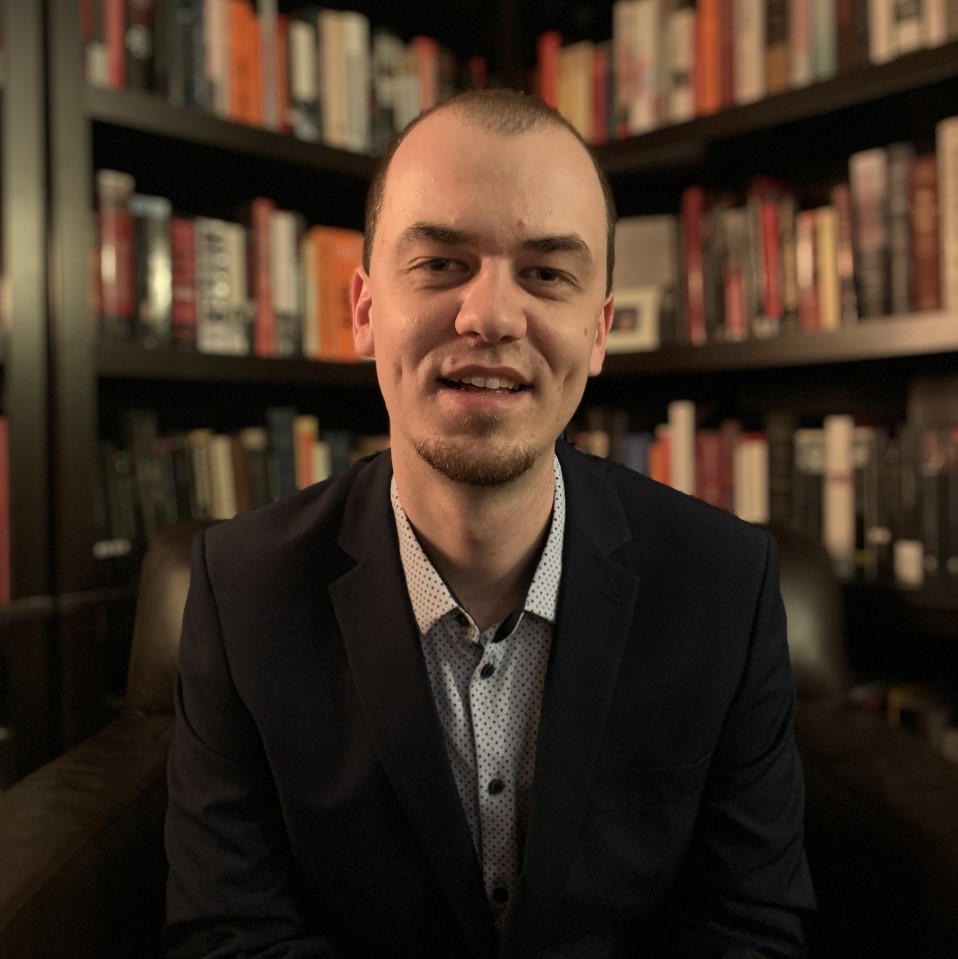
By Dan Sherven
Pope Francis has remarked that “Synodality is the way of being the Church today according to the will of God in a dynamic of discerning and listening together to the voice of the Holy Spirit.” A synod involves listening to the entire Church, where key issues are brought forth and addressed collectively. The 2021-2024 Synod on Synodality is currently ongoing.
Throughout this process, Pope Francis is encouraging people to speak up within the Catholic Church and for those listening to keep open hearts. Other Christian leaders have also recognized people’s deep need to speak freely about difficult topics, and the desire to feel that they are being listened to.
Christian Reformed Church minister Paul Vander Klay recently spoke at The Quest for a Spiritual Home conference in Chino, California. Vander Klay pastors Living Stones CRC in Sacramento, California. And his YouTube channel has more than 25,000 subscribers; with videos on Christianity; modernity and intellectual discourse.
He was joined by John Vandonk, who also spoke at the conference. Vandonk was formerly a Christian Reformed Church pastor. He now helps out at CrossPoint CRC, which is where the conference was held. And Vandonk is an organizer of estuary, through Estuary Hub.
An estuary is a place where fresh water from a river meets with salt water from the ocean. Taken from the Estuary Hub website: “Estuary is a place of chaos, of change, of adaptation to different forces.” It is a place where “unique vegetation” and “strange creatures” make their home.
Vander Klay speaks about how historically a person had to be careful to not say the wrong thing theologically, or one might end up being disciplined. Back then, the public space and the universities were the places for “free-thinking, exploration and openness.” But he says, “I think we have seen an inversion in our culture.”
“There’s a tremendous amount of anxiety about the fact that there is a layer of political correctness that looks absolutely theological,” Vander Klay says. “And this has gripped the academy and the political realm. There’s so much polarization, that ironically the Church is a place that people can go to, to speak freely on a whole range of topics.”
However, Vander Klay notes sometimes people do worry they will say something “theologically wrong” in church; or a person might fear asking certain questions at church. So Vander Klay thought: “If we could have a space, Church-adjacent, where we could talk about these things and Church people could go there to talk about difficult things that might not be welcome at a Bible study, and people outside the Church could come in and see that—you know, Church people aren’t just a bunch of automatons; mimicking what their pastors or theological traditions say.
“[Church people] actually are thinking, breathing human beings who have all of the same questions that all of us have out there in the world beyond the Church. So couldn’t estuary be sort of a place where this fresh water from the mountain and salt water from the great sea mix, and couldn’t we meet there and have some really interesting and productive conversations?”
In 2022, Vander Klay and Vandonk spoke at the Bridges of Meaning Festival in Germany, where many estuary groups came together. Then Vander Klay and Vandonk went to Holland, England, and Ireland to promote estuary. “We talked about estuary and about Church and about the Christian life and about how to connect with people across ideological lines,” Vandonk says. Now he and Vander Klay have a document called the Estuary Protocol.
The protocol explains how to run an estuary group. Everyone who wants to attend is welcome, although groups are kept small. The leader allows everyone to speak about recent life events, intellectual interests, or anything they want to share. After everyone who wants to speak has contributed, there will be a vote on what topic to discuss. There are estuary groups in the United States, Australia, Greece, Nova Scotia, and Ottawa.
There were two other speakers at the conference: Jonathan Pageau and John Vervaeke. Jonathan Pageau is a French-Canadian liturgical artist and icon carver who also runs The Symbolic World YouTube channel, where he looks at symbolism. He is an Orthodox Christian thinker.
John Vervaeke is a cognitive scientist at the University of Toronto. He is an award-winning lecturer in psychology, cognitive science, and Buddhist psychology. His work focuses on the meaning crisis, a phrase popularized by Vervaeke to point out how there is widespread suffering from a lack of meaningful engagement with life.
Vander Klay notes that he, Pageau and Vervaeke “first started talking sort of downstream of what had been happening with Jordan Peterson. John Vervaeke was a colleague of Jordan’s at [the] University of Toronto; Jonathan Pageau was a personal friend of Jordan’s.” And Vander Klay began posting YouTube commentaries about Peterson’s Genesis lectures.
Jordan Peterson was a University of Toronto professor and clinical psychologist until his refusal to comply with Canada’s compelled speech laws radically changed his career. He became a worldwide bestselling author, has the number-one educational podcast in the world, and lectures to sold-out audiences globally. His popularity began on YouTube, and his work focuses primarily on responsibility being the key to living a meaningful life.
“All of [the talking on the internet] is all good and well, but not quite as constructive as it could be—unless it has some manifestation on the ground where people can meet face-to-face and have conversations in real life,” Vandonk says.
Vandonk also notes there was no advertising for the conference, and Vander Klay points out that the audience “tended to be younger men and older women.” Paul Mitchell, a physiotherapist from Regina, Saskatchewan who attended the conference, remarked, “There’s this feeling of being amongst these people that you just know for a fact that you’re both striving for the same sort of thing.”
“It’s a spirit,” Mitchell says. “There’s a spirit in the room of what’s happening. We’re observing the core of what’s happening on stage and then through almost mimicry—but not something as simple as mimicry—sort of a participation or a connection through procedure; this deeper-level understanding…we’re connecting in the way that we see in front of us.”
Watch the full interview with Paul Vander Klay and John Vandonk on Dan Sherven Interviews.
Watch the full interview with Paul Mitchell on Dan Sherven Interviews.

Dan Sherven is the author of three books, including the number one bestseller Classified: Off the Beat ‘N Path. Sherven is also an award-winning journalist, writing for seven publications. Find his work here.

